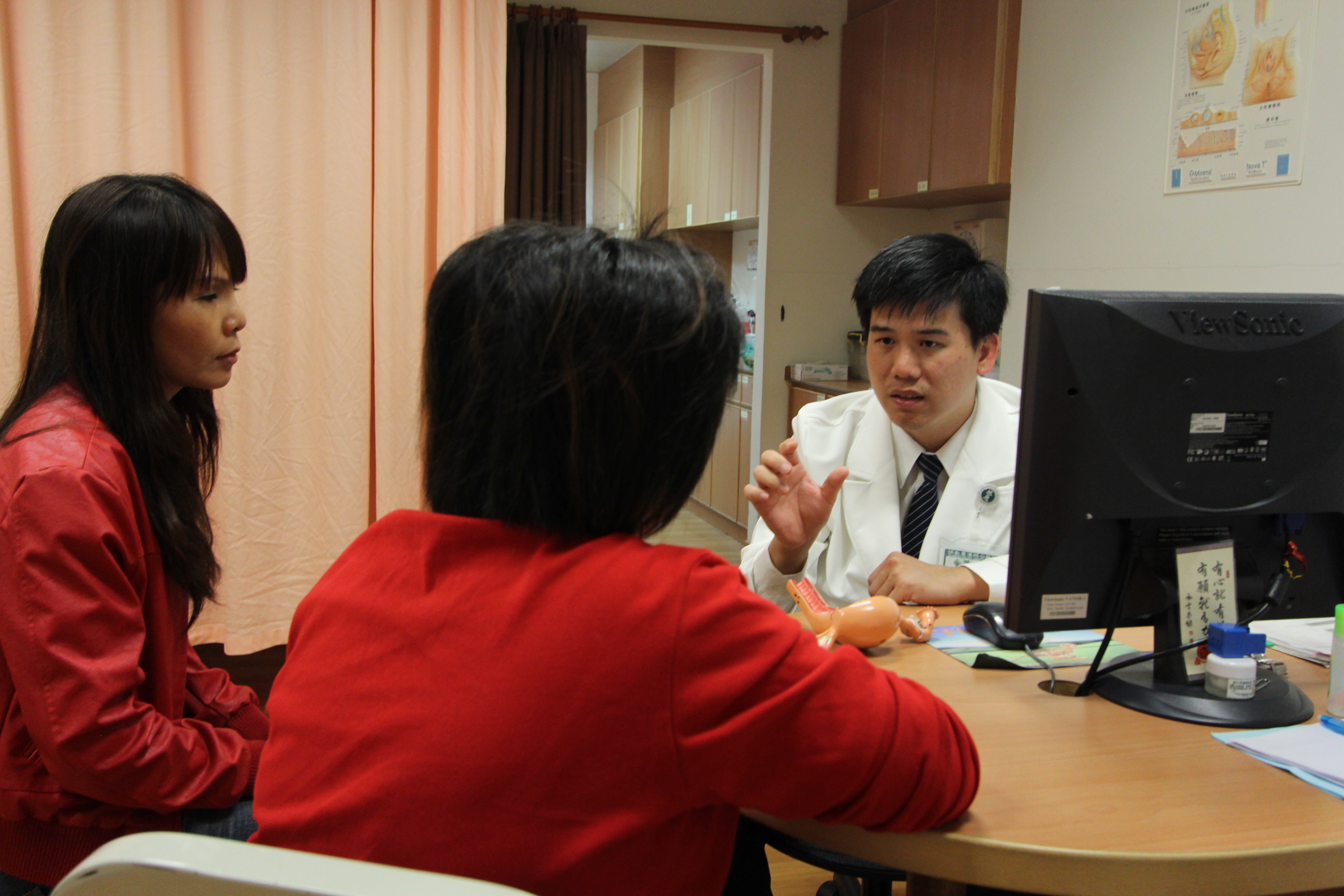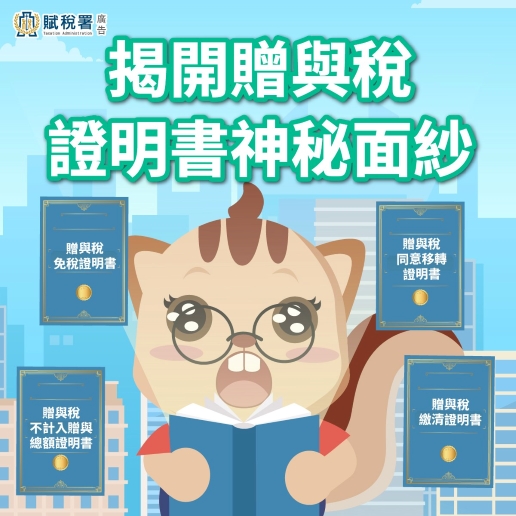
(Language barriers are one of the main difficulties that new immigrants face when seeking medical treatment. (Courtesy of Dr. Pang Wen-quan龐渂醛)
The group of new immigrants ranks the fifth largest group in Taiwan. The reasons that they came to Taiwan are for marriage, studies, or business. According to the statistics done by the Ministry of the Interior, the majority of the new resident population is female, including Chinese, Southeast Asian, Japanese, and Korean spouses. New immigrants' multicultural beauty has enriched Taiwan's society.
Then, what kind of difficulties that new immigrants may face when seeking medical treatment in Taiwan?
- Gap in health insurance coverage:
According to the Ministry of Health and Welfare, foreigners with an Alien Resident Certificate (ARC) who have resided in Taiwan for more than six months are required to enroll in the National Health Insurance (NHI) program instantly. Many new resident women got pregnant soon after coming to Taiwan, and many of them are not willing to go for self-paid prenatal care checkups. As a result, the rate of receiving pregnancy inspections on time is low.
- Language barriers:
New immigrants often face difficulties in accessing health information and obtaining care assistance due to limited expression and understanding. They normally need families to accompany them to hospitals to interpret for them. However, it causes an issue that the information they obtain is often partial. This issue is not serious for those who are from the US or the UK because they are active in obtaining information. Also, Taiwan's doctors can normally explain patients' conditions or medical treatments' however, for Indonesian spouses in Taiwan, they might face many difficulties in understanding doctors' instructions and prescriptions. Doctors are probably less patient to listen to their narratives that are usually shorter than Taiwanese women do, resulting in medical difficulties and issues.
Study shows that new immigrant women often face discrimination when seeking medical treatment, feel depressed if they are treated improperly, and become more afraid of medical personnel.
- Cultural differences:
Take pregnant women as an example, pregnancy greatly impacts women's mental and physical conditions, and many uncomfortable symptoms are normally serious at women's first births, including sickness, vomiting, and frequent urination. Additionally, weathers in their home countries are incredibly different from Taiwan's, so new immigrant women having pregnancy usually feel sick and have a depraved appetite. It's also hard to find alternative foods for mother countries' foods in Taiwan. Hospitals and postpartum care centers are barely possible to offer cross-cultural foods or postpartum care services of Southeast Asian style. When a Vietnamese woman is about to give birth to her baby, a blazing hot charcoal brazier is placed at her side and burns both day and night. However, there's no alternative in Taiwan so that when a pregnant Vietnamese woman is under postpartum care and tries to place a charcoal brazier beside her or under her bed, they would often get scolded by their families. As a result, they have no choice but to burn charcoal braziers in bathrooms that often leads to carbon monoxide poisoning. If health workers become aware of these cultural differences and their needs and try to communicate with those women's families, tragedies may reduce.
On the other hand, Southeast Asian women's concepts of sex are often conservative and incorrect, so sometimes, they would feel awkward when seeking medical treatment and asking for doctor's advice. It is not until their diseases become very serious that they would visit a doctor that increase the risk and the difficulty of treatments.
What's more about difficulties that new residents face when seeking medical treatment? Next article will share it with you.
Written by Dr. Pang Wen-quan (龐渂醛), Obstetrician of Tzu Chi Hospital.








